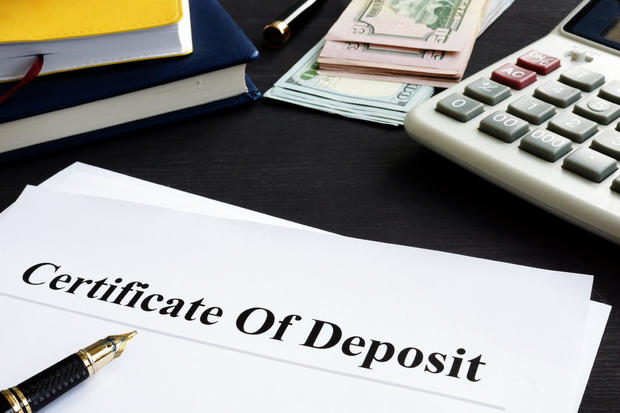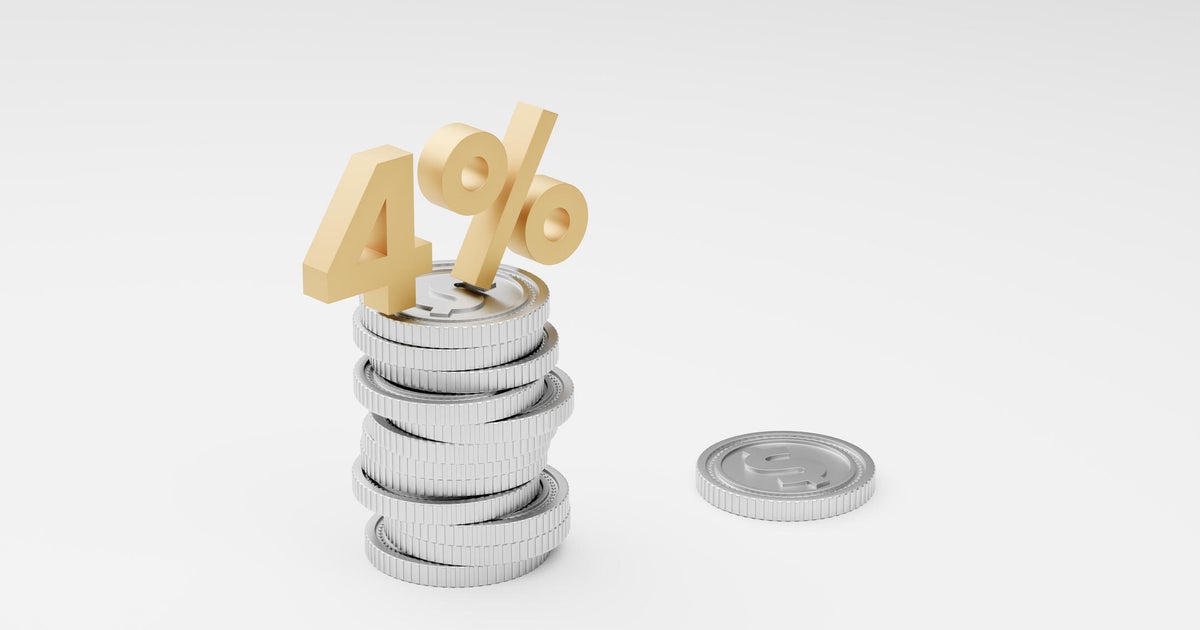Why do short-term CDs have higher rates than long-term ones right now?
This year hasn't been a particularly great year for borrowers. Due to nagging inflation and the decades-high interest rates meant to combat it, borrowers are paying significantly more than they would have just a few years ago.
That said, 2023 has been an excellent year for savers. After all, higher interest rates for borrowers also mean higher interest rates for savers. And that's exactly what's happened with both high-yield savings and certificates of deposit (CD) accounts. You can even earn a nice return on select high-yield checking accounts.
Still, there's been a bit of a unique situation this year, particularly for those looking to open CD accounts. While, historically, long-term CDs have come with higher interest rates than short-term ones, the opposite has often been true recently. But why is that, exactly? And which term CD is better for you now?
Start exploring today's high CD interest rates and start earning more interest on your money.
Why short-term CDs have higher rates than long-term ones right now
Historically, long-term CDs came with better rates to entice savers to keep their money with the bank for an extended period. But the recent market has been a bit unusual and many banks have been hesitant to make long-term predictions.
CD rates are largely influenced by the federal funds rate. As such, the banks are more willing to offer a high rate on a short-term CD because they're more likely to turn a profit due to the elevated federal funds rate. They're hesitant to offer that same high rate on a long-term CD, however, because the federal funds rate could drop during that CD's lifespan.
This is why, right now, you can often find a better APY for a short-term CD (think less than a year) versus a CD with a length of multiple years.
See what CD rate you could qualify for here now.
Which CD term is better for you?
As is the case with most financial considerations, the answer to which CD length is better for you is a personal one. For many savers, the interest rate is their key consideration, so they'll automatically jump at the higher rate and shorter term. But that may not make sense, particularly if they can earn more interest over time with a long-term CD. Remember, while current rates are generally higher for short-term CDs instead of long-term ones, the difference can be negligible (think less than a point). So you'll want to do the math beforehand to see which one can better grow your bottom line.
That said, you'll also need to be realistic about your goals and personal timeline. Can you afford to keep your money untouched in a long-term CD? You'll likely have to pay an early withdrawal penalty to get it out before the term expires. On the other hand, do you really need access to your money again in 90 days? If not, maybe you can afford to store it in a long-term CD. Only you will know the answers to these questions.
One thing you shouldn't do, however, is leave your money untouched in a regular account. Considering the paltry 0.46% rate the average savings account comes with, you're essentially losing money by leaving your money in one of these account types.
Instead, get started with a top interest-earning CD here!
The bottom line
Both short-term and long-term CDs have unique advantages for savers in today's economy. The answer to which is better for you is a personal one. While the former type come with higher interest rates, they're only that high for so long. Long-term CDs have lower rates, but those rates will be locked in for a longer time frame. Crunch the numbers and see what works best for you and your individual needs. But remember that these rates won't last forever, so whatever you ultimately decide to do, don't let the window of opportunity pass altogether. Start researching your CD account options today.




